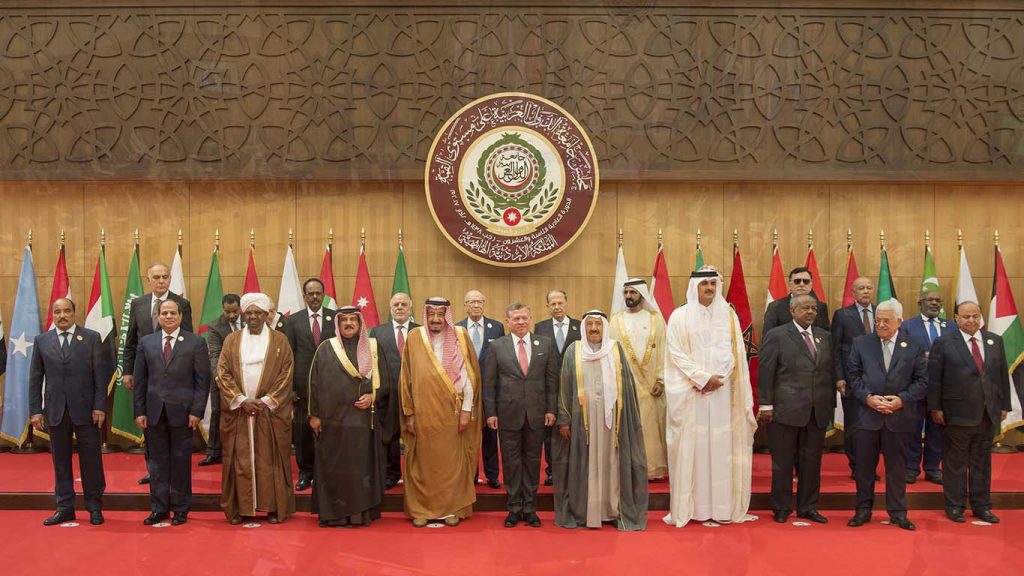In a significant diplomatic gathering on Saturday in Jordan, top diplomats from the United States, Arab League, and Turkiye met to discuss the future of Syria following the dramatic fall of President Bashar al-Assad’s government. The meeting, which took place in the Red Sea port of Aqaba, was held in the wake of Assad’s government collapse, which has added to fears of growing instability in the region.
The discussions focused on how to facilitate a peaceful transition in Syria, a country already reeling from years of civil war. Diplomats from Jordan, Saudi Arabia, Iraq, Lebanon, Egypt, the UAE, Bahrain, and Qatar all participated in the talks, calling for a representative and inclusive Syrian government that would uphold justice and equality for all citizens.
Arab League’s Call for Peaceful Transition
In a joint statement released after the meeting, the Arab League diplomats expressed strong support for a peaceful transition in Syria and emphasized that all political and social forces in the country must be represented in the new government. The diplomats warned against ethnic, sectarian, or religious discrimination, stressing that justice and equality for all Syrians should be at the heart of any future governance.
This political process, the Arab diplomats noted, should be guided by United Nations principles and in accordance with UN Security Council Resolution 2254. This 2015 resolution outlines a roadmap for a negotiated political settlement to end the Syrian conflict and calls for a transition to a credible government that represents all Syrians.
International Involvement in Syria’s Transition
The meeting in Aqaba also included prominent international figures such as US Secretary of State Antony Blinken, UN Special Envoy for Syria Geir Pederson, EU foreign policy chief Kaja Kallas, and Turkish Foreign Minister Hakan Fidan. Blinken highlighted the need for a government that respects the rights of minorities and does not serve as a base for terrorist groups.
He added that the agreement reached among the diplomats sends a unified message to the new interim authority in Syria. It also underscores the international community’s support for a legitimate government that ensures stability and human rights in the country.
Syrian Insurgents and US Involvement
While the Syrian insurgent group responsible for overthrowing Assad’s government was not present at the meeting, US officials confirmed they have been in direct contact with the group. Despite this, the group remains designated as a foreign terrorist organization by the United States, a designation that continues to complicate the path toward full international recognition and support for the new Syrian authorities.
Challenges in Syria’s Future
The ongoing conflict between various factions within Syria, coupled with external pressures from Israel, Hezbollah, and other regional actors, makes any transition in Syria challenging. Assad’s regime, which ruled for over 50 years, has left behind a deeply divided and war-torn country. As the international community works to create a more inclusive government, the risk of sectarian violence, political fragmentation, and ongoing instability remains a serious concern.
Conclusion
As Syria’s future hangs in the balance, the joint effort from the United States, Arab League, and Turkiye underscores the importance of international cooperation in guiding the country toward a peaceful transition. The diplomats’ calls for inclusivity and justice reflect a collective desire to avoid a repeat of the past and ensure Syria’s political stability for future generations.
As the world watches closely, the coming weeks and months will reveal whether these diplomatic efforts can bring lasting peace to Syria after decades of conflict.



Comments (0)
No comments yet. Be the first to comment!
Leave a Comment